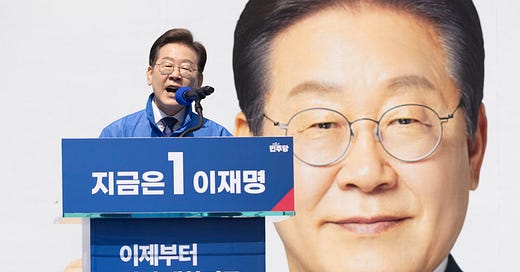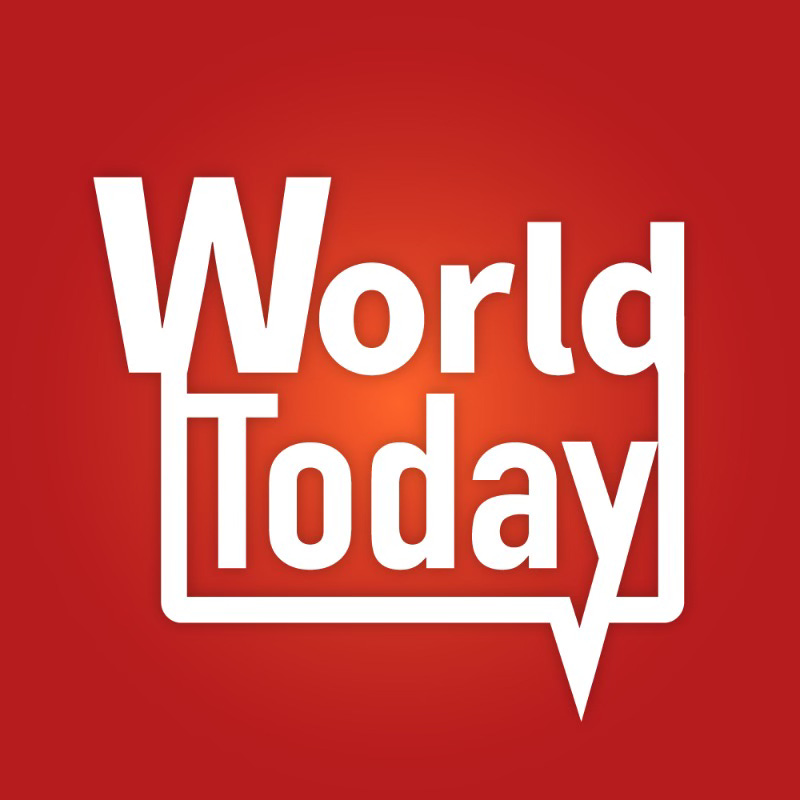South Korea Elections
Featured contributor Prof. Josef Mahoney joined CGTN Radio "World Today" with host Zhao Ying to discuss the following topics related to the recent presidential election in #southkorea.
Joined CGTN Radio "World Today" with host Zhao Ying and fellow guests Einar Tangen of the Taihe Institute and Professor Rong Ying of Sichuan University to discuss the following topics related to the recent presidential election in #southkorea.
What do you see as the key factors behind Lee Jae-myung's victory?
Lee Jae-myung campaigned as a unifier. Does his landslide victory truly give him a strong mandate, or is his presidency still vulnerable given the political polarization?
The martial law crisis led to six months of instability, with three acting presidents and criminal trials for insurrection. How can Lee rebuild public confidence in South Korea's political system in the wake of such upheaval?
South Korea has a history of political retribution, with six of nine presidents since 1980 facing impeachment or criminal charges. Why hasthis cycle become so entrenched in Korean politics? And how can the new president break this pattern?
Will legal proceedings against Lee himself continue during hispresidency? How might this affect his leadership?
Beyond the political crisis, what are the most pressing demands of South Korean voters?
In his speech, Lee said "growth and distribution are not contradictions-they complement each other." How is he going to balance economic growth with his commitments to welfare and wealth distribution?
Lee pledged to build a "flexible, pragmatic government". What does he mean by that?
In foreign diplomacy, Lee said he'll strengthen alliance with the US while also pursuing "pragmatic diplomacy centered on national interests with neighbouring countries. What might this balancing act will look like in practice?
US Defense Secretary Hegseth warned against countries trying to maintain economic ties with China while relying on Us security. How might Lee respond to this pressure?
Lee has said South Korea has "cards to play" in trade talks with theUS. What leverage does South Korea realistically have in negotiations with the Us?
Lee has been less enthusiastic than his predecessor about warming ties with Japan due to historical grievances. How can he balance domestic sentiments with the US push for stronger trilateral cooperation among South Korea, Japan, and the United States?
Lee has expressed a desire to mend ties with North Korea. He has advocated for dialogue with North Korea as the best path to peace. What diplomatic steps might he take to re-engage with #pyongyang?
The World Today podcast.






